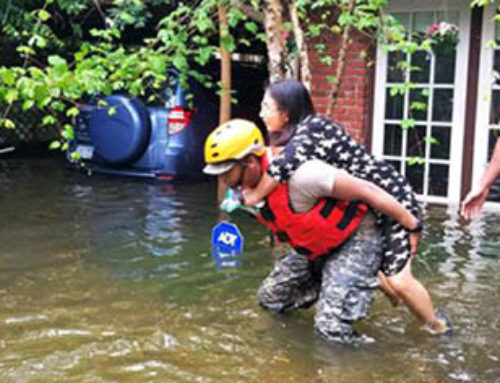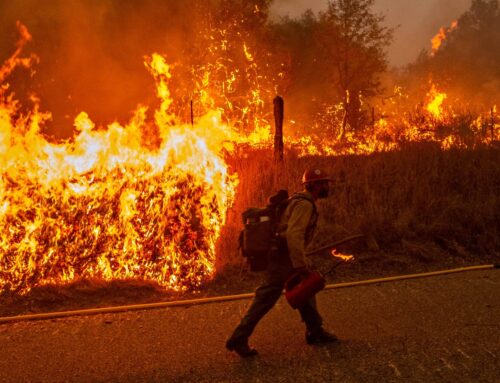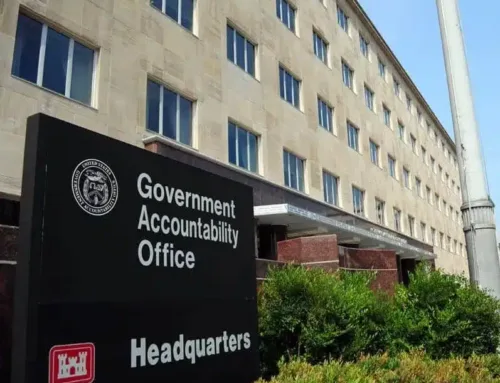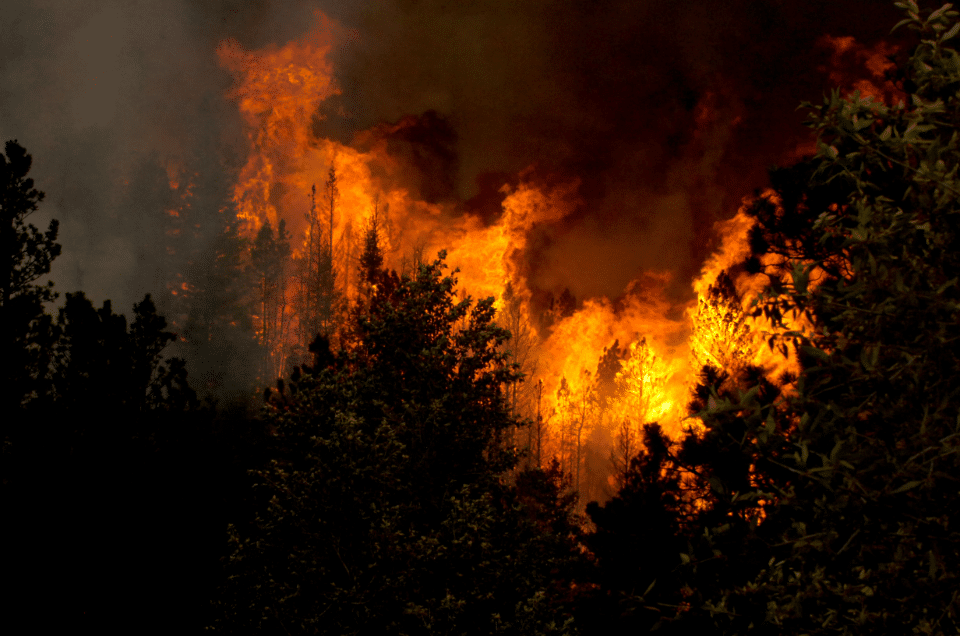In a world of rising temperatures and geopolitical instability, “Bottlenecks and Backlogs: How Climate Change Threatens Supply Chains,” a recent hearing by the US Senate Budget Committee, sounded a clarion call for fiscal prudence. The hearing featured discussions on the cost of achieving net-zero emissions by 2050, the dependence of the U.S. and other countries on fossil fuels, and the reliability of climate models. It highlighted the challenges and complexities of addressing climate change and transitioning to a low-carbon economy. While some witnesses expressed skepticism about the feasibility and cost of transitioning away from fossil fuels, others cited potential economic benefits to acting on climate change.
Testimony came from diverse corners—academics, corporate experts, and policy analysts—but the takeaway was unambiguous: ignoring climate change poses stark risks to the American economy. Dr. Scott Kelly, speaking for Climate-Tech firm Risilience, highlighted the Achilles’ heel of global trade. Using the semiconductor industry as a lens, Kelly pointed out that Taiwan—a climate-vulnerable island—manufactures over 60% of the world’s microchips. Supply disruptions in Taiwan could trigger cascading failures in the United States, a proposition substantiated by the Commerce Department’s 2022 survey that semiconductor inventory plummeted from 40 days in 2019 to less than 5 days in 2021 due to a perfect storm of increased demand and disruptions to production in the wake of COVID-19.
Robert McNally of Rapidan Energy Group discussed the frailties in energy supply chains. McNally cited major disruptions, from Iranian attacks on Saudi oil facilities to cyber-attacks on the Colonial Pipeline, cautioning that such vulnerabilities extend even to net energy exporters like the U.S. His remedies include robust cybersecurity measures and judicious management of systems meant to defend against severe supply chain interruptions, such as the Strategic Petroleum Reserve, underscoring the idea that proactive measures would likely cost less than reactive bailouts.
David Barker of Barker Companies questioned the prevailing narrative that higher temperatures necessarily wreak havoc on economic growth. While acknowledging that the IPCC predicts a 2.6% loss of world GDP by 2100 if emissions continue unabated, he contended that supply chain challenges posed by climate change may not impact GDP as strongly as some economists have projected. Though it’s valuable to question prevailing wisdom, Barker’s critique does not nullify the economic and fiscal vulnerabilities that can come with unpreparedness for supply chain disruptions—phenomena that are increasingly likely in a warming world.
Kathy Fulton, Executive Director of the American Logistics Aid Network, provided pragmatic approaches, emphasizing the need for cross-sector solutions to increase resilience in supply chains. The costs of such initiatives are not just investments in goodwill; they’re hedges against far greater economic losses.
During the hearing, Senator Ron Johnson (R-WI) questioned whether spending $21 trillion to achieve net-zero emissions by 2050 will be effective in mitigating climate change, and he and other witnesses suggested that reducing dependence on fossil fuels is not likely to happen anytime soon. Senator Sheldon Whitehouse (D-RI) cited economic benefits to decarbonization and suggested that there are potential risks to not acting on climate change.
Failing to Prepare is Preparing to Fail
For an organization like TCS, the call to action is evident. For example, we support the Federal Acquisition Regulation (FAR) Council proposed rule that mandates certain federal contractors disclose greenhouse gas (GHG) emissions, financial risks related to climate, and set science-based emission reduction targets, especially regarding supply chain resiliency. We support the rule because we believe it will help reduce the need for multi-billion-dollar emergency disaster relief packages Congress must pass every year in response to the widespread destruction caused by climate change. It will direct federal contracting officers to make decisions that will reduce taxpayer exposure to climate risks in the supply chain.
Building resilience in supply chains and adequately disclosing climate-related financial risks are not exercises in virtue signaling but acts of fiscal responsibility. Dr. Kelley testified that requiring businesses to disclose their financial risks—such as what we be required under the U.S. Securities and Exchange Commission’s proposed disclosure rule—could allow the community, investors, and shareholders to better understand what those risks are and make better investment decisions. As many of the witnesses expressed in today’s hearing, private businesses understand the imperative of mitigating and adapting to climate risks. And this understanding, per Ms. Fulton, is improved with increased information on the potential cost of failing to adapt or the potential benefits of such adaptations. To safeguard economic well-being, the government should adopt a strategy that considers not just the expenditure but also the avoidance of future costs.










Get Social